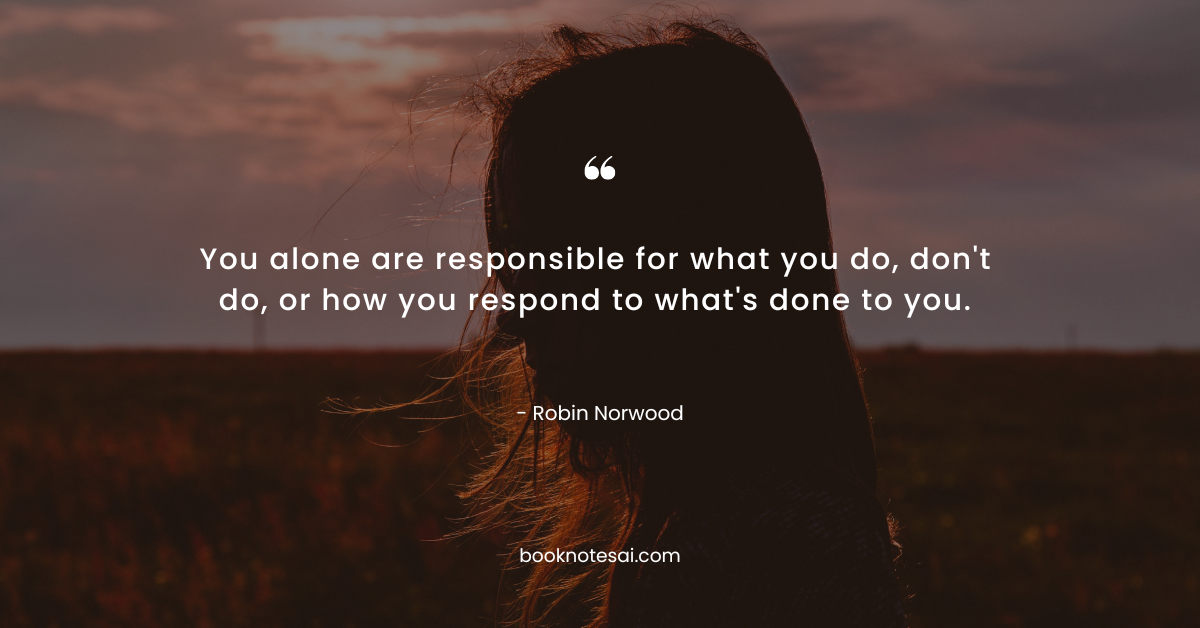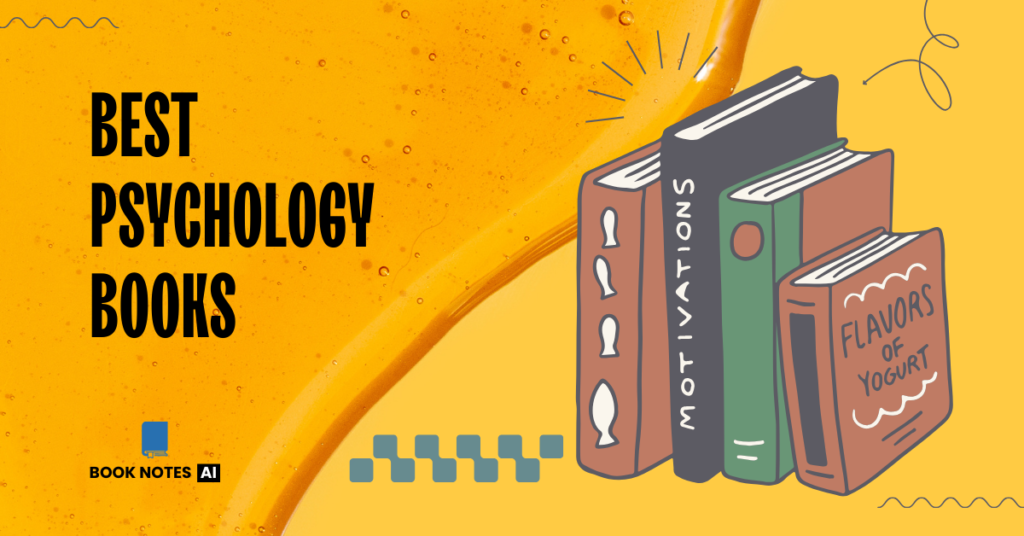
“The mind is everything. What you think you become.”
– Buddha
Reading psychology books can help you understand yourself better by explaining why you feel and behave the way you do.
They teach you about the human mind and why people think, feel, and act in certain ways.
Psychology books offer insights into how to improve your relationships with others by understanding their thoughts and emotions.
They provide practical strategies for managing stress, anxiety, and other mental health challenges. It can also make you more empathetic and understanding towards others, improving your communication skills and overall well-being.
Ultimately, they empower you to lead a happier, more fulfilling life by equipping you with knowledge about yourself and others.
But, what types of psychology books to read?
When choosing psychology books to read, consider your interests, goals, and level of understanding. Here are some types of psychology books to explore:
- Introduction to Psychology: Start with general overview books that cover the basics of psychology, including topics like cognitive, social, developmental, and clinical psychology.
- Popular Psychology: Look for books written for a general audience that explore intriguing psychological phenomena or offer practical advice for everyday life.
- Biographies and Memoirs: Explore autobiographies or biographies of influential psychologists or individuals who have made significant contributions to the field of psychology.
- Research-Based Books: Dive into books that discuss groundbreaking research studies and their implications for understanding human behavior and cognition.
- Self-Help and Personal Development: Explore books that offer strategies for personal growth, improving relationships, managing emotions, and achieving goals.
- Specific Topics: Choose books that delve deeper into specific areas of psychology that interest you, such as personality psychology, positive psychology, abnormal psychology, or neuroscience.
- Textbooks: Consider textbooks if you want a more academic and comprehensive understanding of psychology, especially if you’re studying the subject formally.
- Critiques and Controversies: Explore books that discuss controversial topics or critique established psychological theories and practices, providing alternative perspectives.
The best type of psychology book to read depends on your preferences, goals, and the depth of understanding you seek. Experiment with different genres and topics to find what resonates with you the most.
A Quick List:
If you want to cut through everything and want just a list. Here’s a list of ten influential best psychology books:
- “Thinking, Fast and Slow” by Daniel Kahneman
- “Man’s Search for Meaning” by Viktor E. Frankl
- “The Power of Habit: Why We Do What We Do in Life and Business” by Charles Duhigg
- “The Interpretation of Dreams” by Sigmund Freud
- “Influence: The Psychology of Persuasion” by Robert B. Cialdini
- “Quiet: The Power of Introverts in a World That Can’t Stop Talking” by Susan Cain
- “Emotional Intelligence: Why It Can Matter More Than IQ” by Daniel Goleman
- “The Body Keeps the Score: Brain, Mind, and Body in the Healing of Trauma” by Bessel van der Kolk
- “Stumbling on Happiness” by Daniel Gilbert
- “Drive: The Surprising Truth About What Motivates Us” by Daniel H. Pink
Best Psychology Books
1. “Thinking, Fast and Slow” by Daniel Kahneman
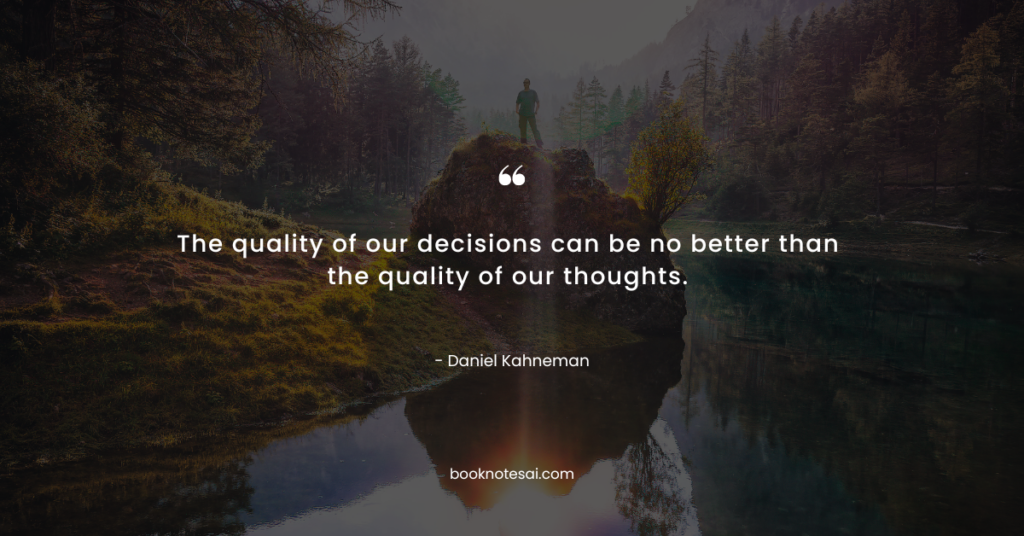
Unravel the mysteries of decision-making with Nobel laureate Daniel Kahneman. In this engaging book, he introduces the dual systems that govern our thinking processes.
Learn to navigate the interplay between intuitive, fast thinking, and deliberate, slow thinking.
Key Ideas:
- The two systems of thinking: fast and intuitive vs. slow and deliberate.
- Cognitive biases influence decision-making.
- Understanding the concept of “Prospect Theory” in decision science.
Why Read: Dive into the realms of decision science and gain insights into your own thought processes.
Kahneman’s engaging narrative simplifies complex concepts, making it accessible for all curious minds. Read a book summary if intrigued.
2. “Man’s Search for Meaning” by Viktor E. Frankl
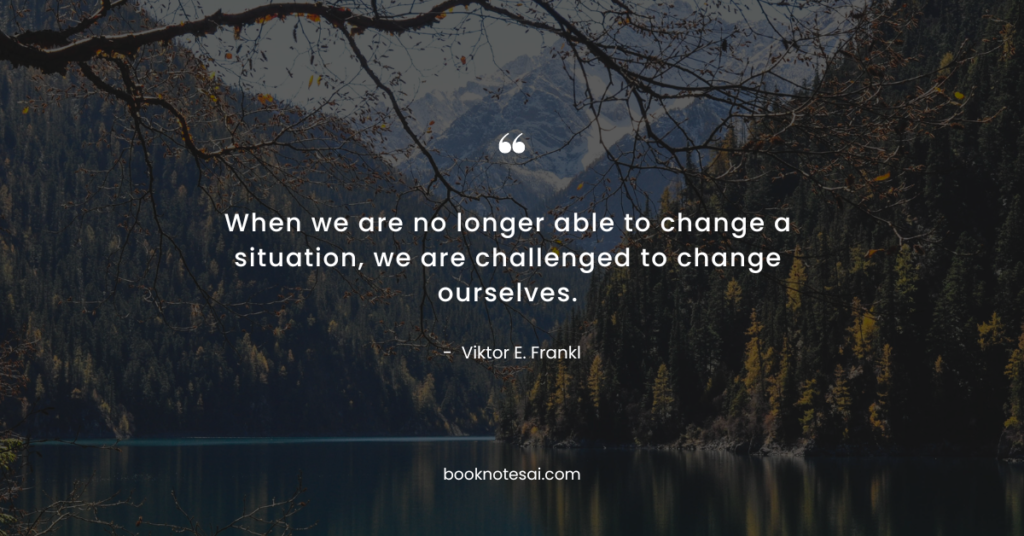
Join Viktor Frankl on a profound exploration of finding purpose in the face of adversity.
Based on his experiences in Nazi concentration camps, this book is a testament to the strength of the human spirit.
Key Ideas:
- The pursuit of meaning as a fundamental human drive.
- Finding purpose through suffering.
- The power of attitude in the face of challenges.
Why Read: Frankl’s timeless wisdom inspires readers to find meaning in their lives, irrespective of circumstances.
A transformative journey awaits those seeking resilience and purpose. Read a book summary if intrigued.
3. “The Power of Habit: Why We Do What We Do in Life and Business” by Charles Duhigg
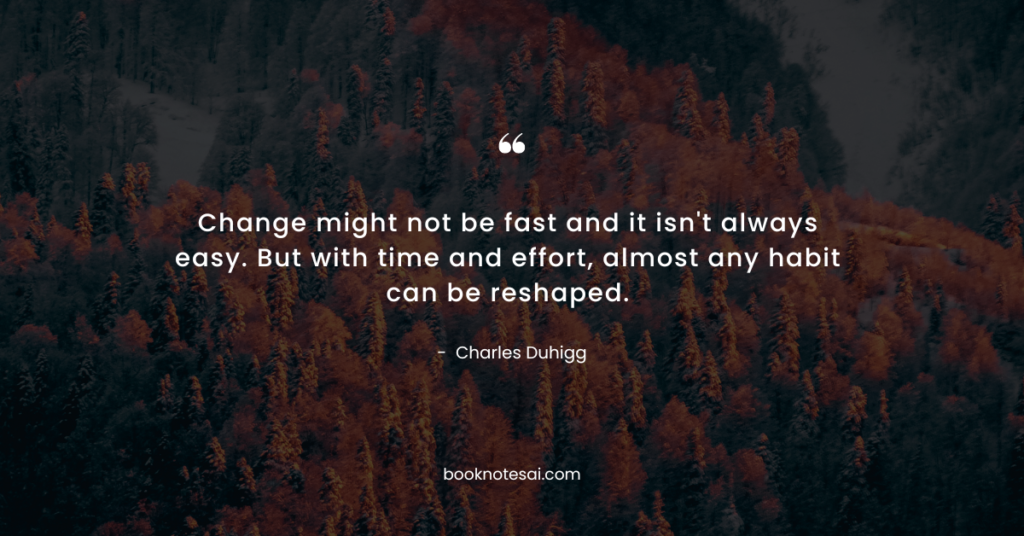
Explore the science of habits and how they shape our lives. Charles Duhigg delves into the psychology behind habit formation and provides valuable insights into transforming routines.
Key Ideas:
- Habit loop: Cue, routine, reward.
- Keystone habits and their cascading effects.
- Changing habits through understanding and manipulation.
Why Read: Duhigg’s engaging storytelling and practical advice make this book an essential guide for anyone looking to break free from unproductive habits and cultivate positive change. Read a book summary.
4. “The Interpretation of Dreams” by Sigmund Freud
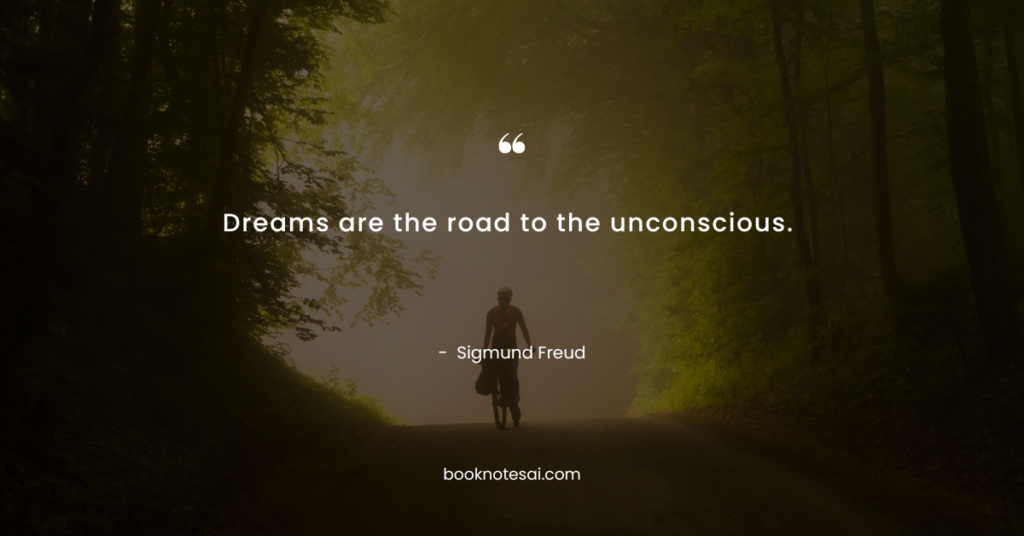
Embark on a foundational journey into psychoanalysis with Sigmund Freud. This classic work introduces the concept of dream interpretation and unveils the mysteries of the unconscious mind.
Key Ideas:
- Unconscious desires shape dreams.
- Symbolic language in dream analysis.
- Manifest and latent content in dreams.
Why Read: Freud’s groundbreaking work laid the groundwork for modern psychoanalysis. Explore the depths of the unconscious mind and gain insights into the significance of dreams.
5. “Influence: The Psychology of Persuasion” by Robert B. Cialdini
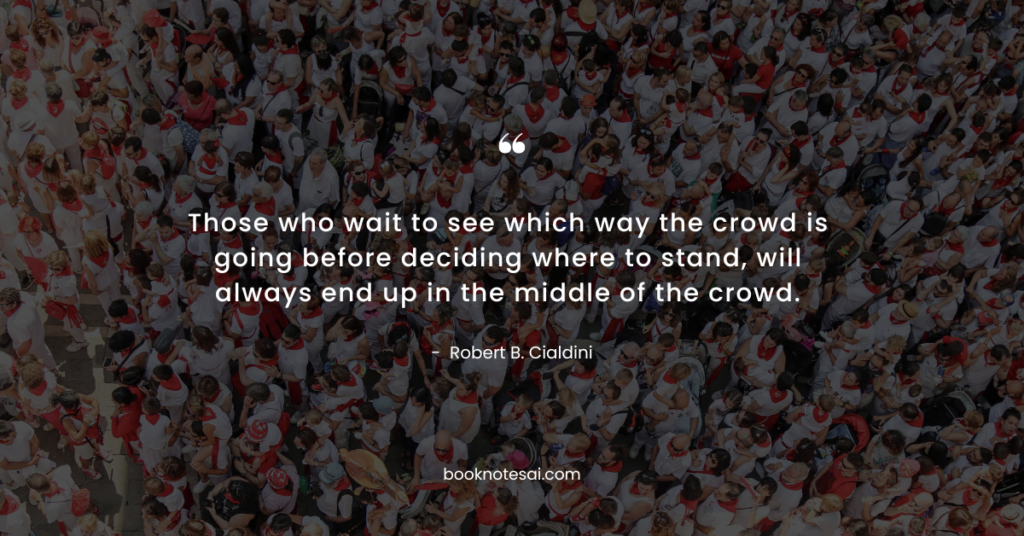
Uncover the secrets behind why people say “yes” with Robert Cialdini. This influential book explores the psychology of persuasion and the six universal principles that guide human behavior.
Key Ideas:
- Reciprocity, commitment, and social proof.
- Authority, liking, and scarcity as persuasive tools.
- How to defend against manipulative influence.
Why Read: Cialdini’s insights are invaluable for understanding the psychology of influence in everyday interactions, from marketing to personal relationships.
6. “Quiet: The Power of Introverts in a World That Can’t Stop Talking” by Susan Cain
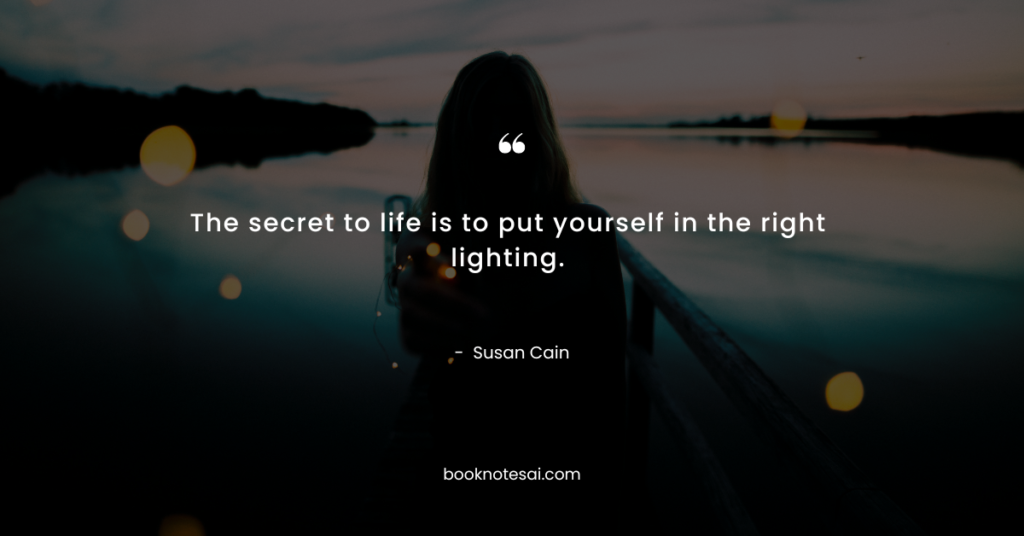
Celebrate the strengths of introversion in a world that often values extroversion. Susan Cain explores the power of introverts and challenges societal perceptions of quiet individuals.
Key Ideas:
- The value of introversion in creativity and innovation.
- The difference between shyness and introversion.
- Creating environments that embrace introverted qualities.
Why Read: Gain a new perspective on introversion and extroversion, celebrating the unique strengths introverts bring to personal and professional spheres.
Read a book summary if intrigued.
7. “Emotional Intelligence: Why It Can Matter More Than IQ” by Daniel Goleman
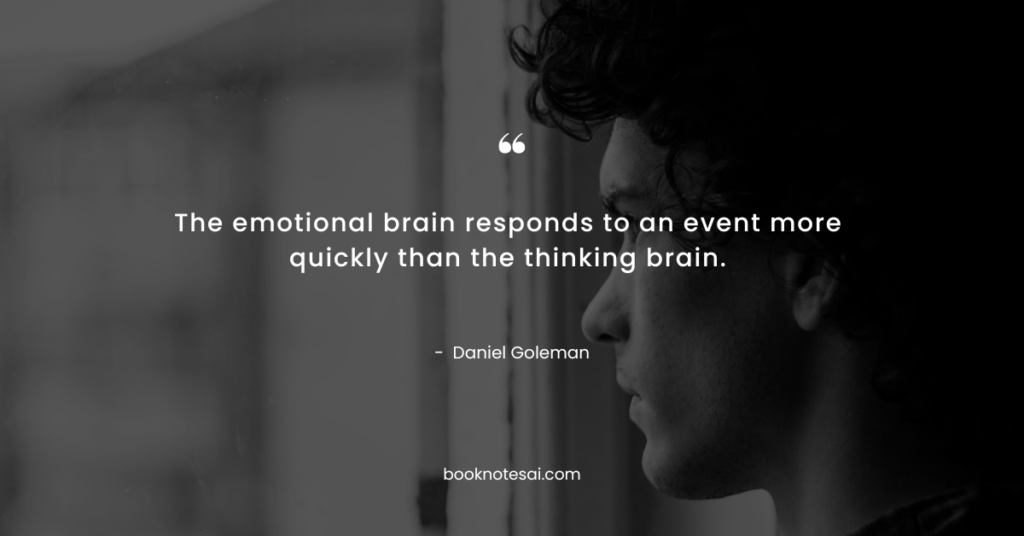
Discover the critical role emotions play in personal and professional success. Daniel Goleman explores the concept of emotional intelligence and its impact on various aspects of life.
Key Ideas:
- Recognizing and regulating emotions.
- Empathy and social skills as components of emotional intelligence.
- The significance of emotional intelligence in leadership.
Why Read: Goleman’s book provides a compelling argument for the importance of emotional intelligence in navigating life’s challenges and building meaningful relationships.
Read a book summary if intrigued.
8. “The Body Keeps the Score: Brain, Mind, and Body in the Healing of Trauma” by Bessel van der Kolk
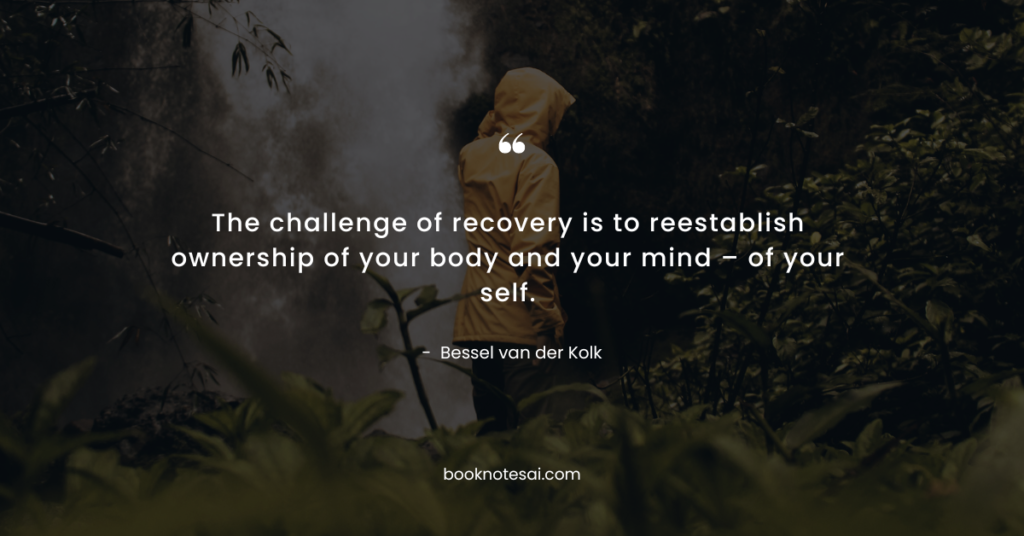
Delve into the intricate connection between the mind and the body in the healing process. Bessel van der Kolk explores the effects of trauma and various therapeutic approaches.
Key Ideas:
- Impact of trauma on the brain and body.
- The role of mindfulness and body-based therapies in healing.
- Integrating traumatic memories for recovery.
Why Read: Van der Kolk’s work is essential for understanding the profound impact of trauma and exploring effective strategies for healing and recovery.
9. “Stumbling on Happiness” by Daniel Gilbert
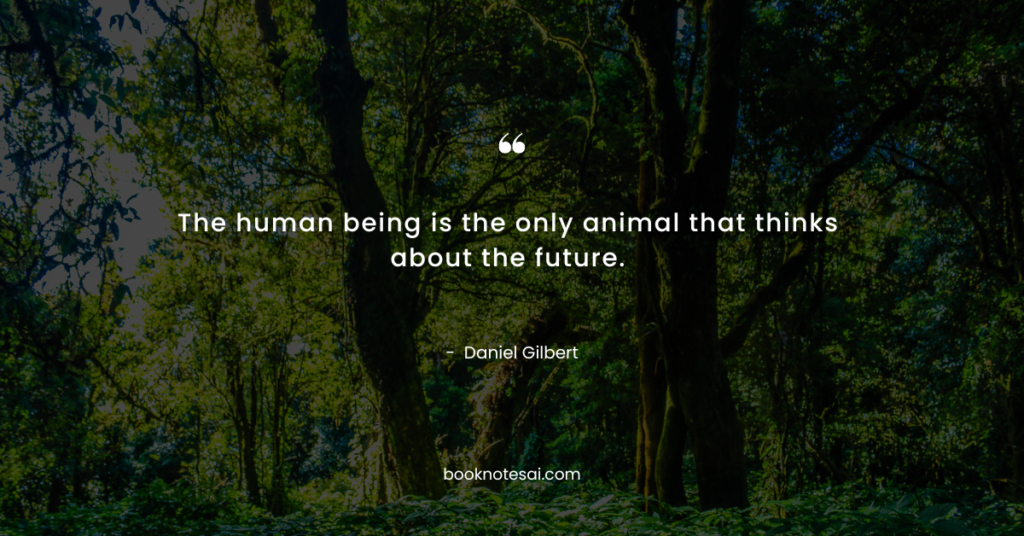
Explore the complexities of human happiness and the surprising factors that influence our perceptions of what makes us happy. Daniel Gilbert takes readers on a journey through the science of happiness.
Key Ideas:
- Impact of psychological immune system on happiness.
- The gap between imagination and reality in predicting happiness.
- The role of social connections in fostering happiness.
Why Read: Gilbert’s humorous and insightful exploration of happiness challenges preconceived notions and offers a fresh perspective on the pursuit of joy.
Read a book summary if intrigued.
10. “Drive: The Surprising Truth About What Motivates Us” by Daniel H. Pink
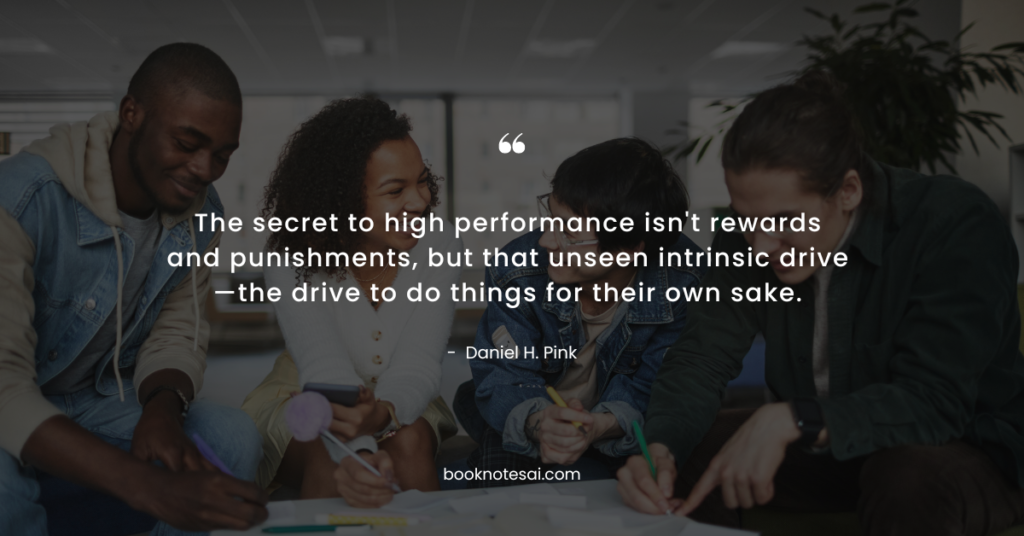
Reevaluate your understanding of motivation with Daniel Pink. This book explores the science behind what truly motivates individuals and the factors that lead to enhanced performance and satisfaction.
Key Ideas:
- Autonomy, mastery, and purpose as key motivators.
- The limitations of traditional carrot-and-stick approaches.
- Encouraging intrinsic motivation for long-term success.
Why Read: Pink’s insights challenge conventional wisdom on motivation, offering a fresh perspective for individuals and leaders seeking to inspire and drive excellence.
Embark on a transformative journey into the depths of psychology with these essential reads. Discover profound insights, challenge your perspectives, and unlock the mysteries of the human mind.
The best psychology books to read.
Happy reading!
Keep Reading…
- Best Entrepreneurship Books
- Best Life Changing Books
- Best Inspirational Books
- Best Motivational Books
- Best Productivity Books
- Best Personal Development Books


